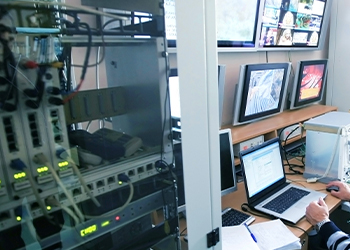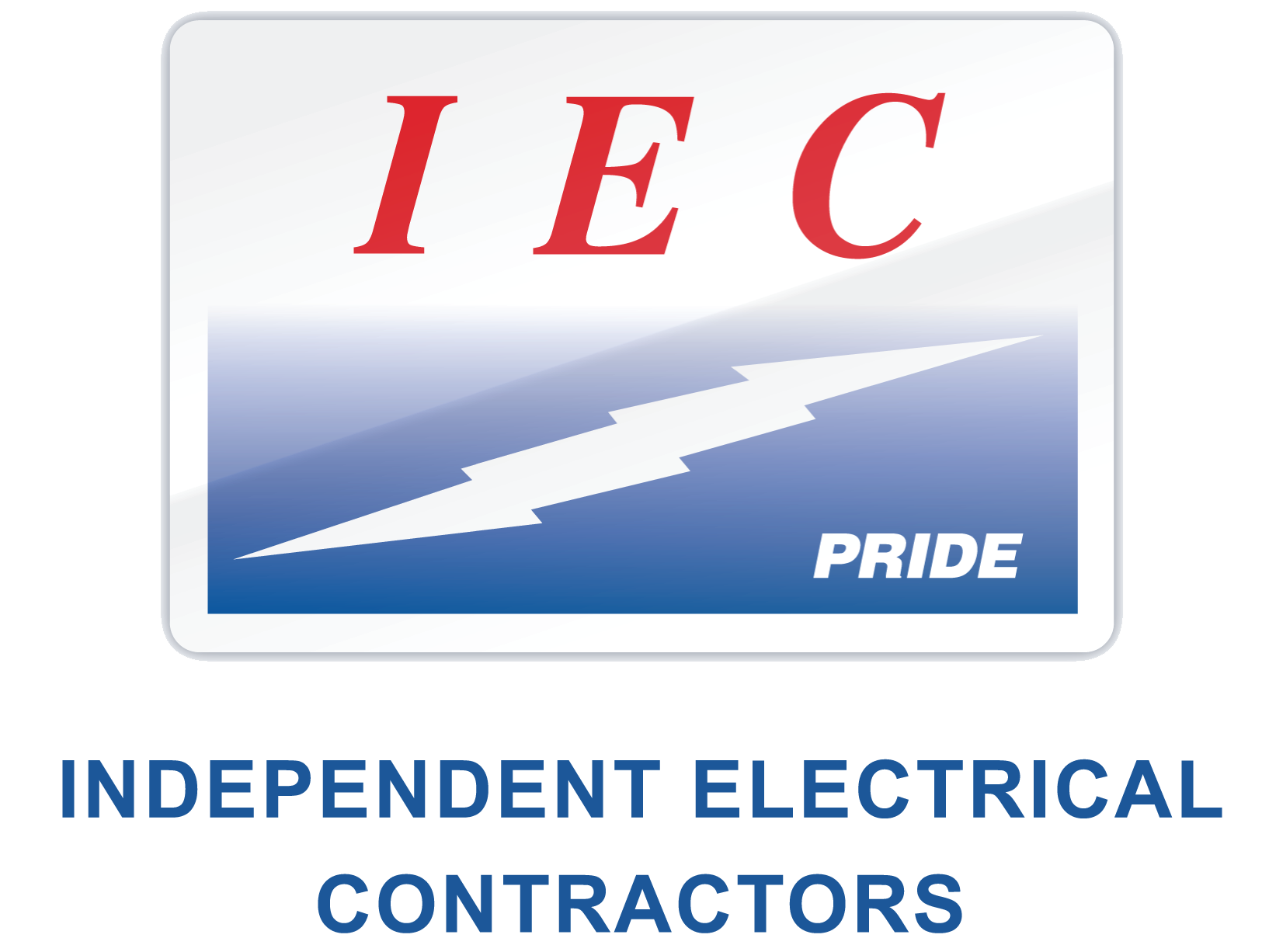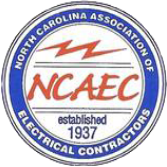
Data Centers
 The use of electrical control panels in data centers is crucial for managing and distributing electrical power efficiently, ensuring the reliable operation of critical IT infrastructure. Data centers house a vast array of servers, networking equipment, and other hardware that require a stable and continuous power supply. Electrical control panels play a pivotal role in achieving this by providing a centralized and organized means of monitoring and controlling electrical systems within the facility.
The use of electrical control panels in data centers is crucial for managing and distributing electrical power efficiently, ensuring the reliable operation of critical IT infrastructure. Data centers house a vast array of servers, networking equipment, and other hardware that require a stable and continuous power supply. Electrical control panels play a pivotal role in achieving this by providing a centralized and organized means of monitoring and controlling electrical systems within the facility.
Here are several key aspects to consider when exploring the use of electrical control panels in data centers:
- Power Distribution:
-
- Electrical control panels are responsible for distributing power from the main electrical supply to various components within the data center, such as servers, switches, and cooling systems.
- They incorporate circuit breakers, transformers, and distribution boards to ensure that power is distributed safely and efficiently to different areas of the facility.
-
- Load Monitoring and Balancing:
-
- Data centers typically have varying power demands based on the load generated by servers and other equipment. Electrical control panels monitor these loads in real-time.
- Load balancing features help ensure that power is evenly distributed, preventing overloads in specific circuits and optimizing the overall efficiency of the electrical system.
-
- Backup Power Systems Integration:
-
- Many data centers incorporate backup power systems, such as uninterruptible power supply (UPS) units and generators, to provide continuous power in case of grid failures.
- Electrical control panels are instrumental in seamlessly integrating these backup power sources into the overall power distribution system, ensuring a smooth transition during power outages.
-
- Remote Monitoring and Control:
-
- With the increasing complexity and size of data centers, remote monitoring and control capabilities are essential for efficient management.
- Electrical control panels may include advanced monitoring systems that allow data center operators to remotely access and control power distribution, monitor equipment status, and receive real-time alerts in the event of any issues.
-
- Safety and Redundancy:
-
- Safety is paramount in data centers, and electrical control panels are designed with redundant components and failover systems to minimize the risk of electrical failures.
- Automated safety features, such as fault detection and isolation, enhance the reliability of the electrical infrastructure.
-
- Energy Efficiency:
-
- Electrical control panels contribute to the overall energy efficiency of a data center by enabling intelligent power management.
- Features such as power factor correction and energy monitoring help data center operators optimize power usage, reduce energy waste, and enhance sustainability.
-
- Scalability:
-
- As data centers grow and evolve, electrical control panels must be scalable to accommodate increasing power requirements.
- Modular designs and flexible configurations allow for the seamless integration of new equipment and the expansion of the data center infrastructure without major disruptions.
-
In summary, electrical control panels serve as the nerve center of a data center’s electrical infrastructure, providing the necessary tools to ensure a reliable, efficient, and safe power supply to support the continuous operation of critical IT systems. Their design and functionality are crucial for adapting to the dynamic and demanding nature of modern data center environments.
Our Industries
- Agricultural Industry
- Automotive Manufacturing
- Chemical Laboratories
- Chemical Processing Industry
- Data Centers
- Educational Institutions
- Entertainment and Broadcasting Industry
- Food and Beverage Processing Industry
- Manufacturing Industry
- Medical Equipment Manufacturing Industry
- Mining and Minerals Processing Industry
- Oil and Gas Industry
- Pharmaceutical Manufacturing Industry
- Pulp and Paper Manufacturing Industry
- Rail Transportation Industry
- Renewable Energy Industry
- Research Laboratories
- Telecommunications Industry
- Textile Industry
- Transportation Industry
- Water and Wastewater Treatment
- Controls Services MAIN PAGE >












